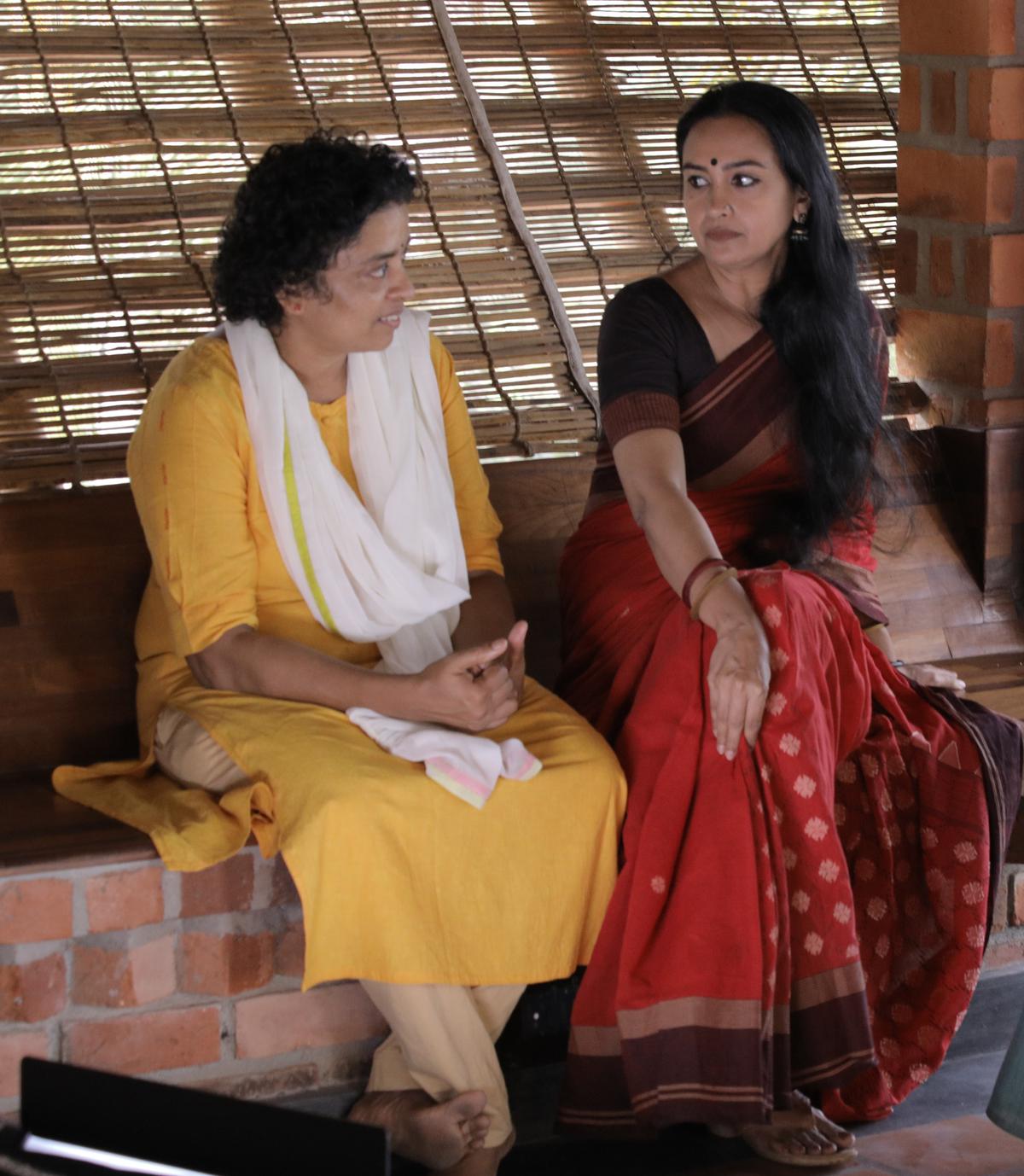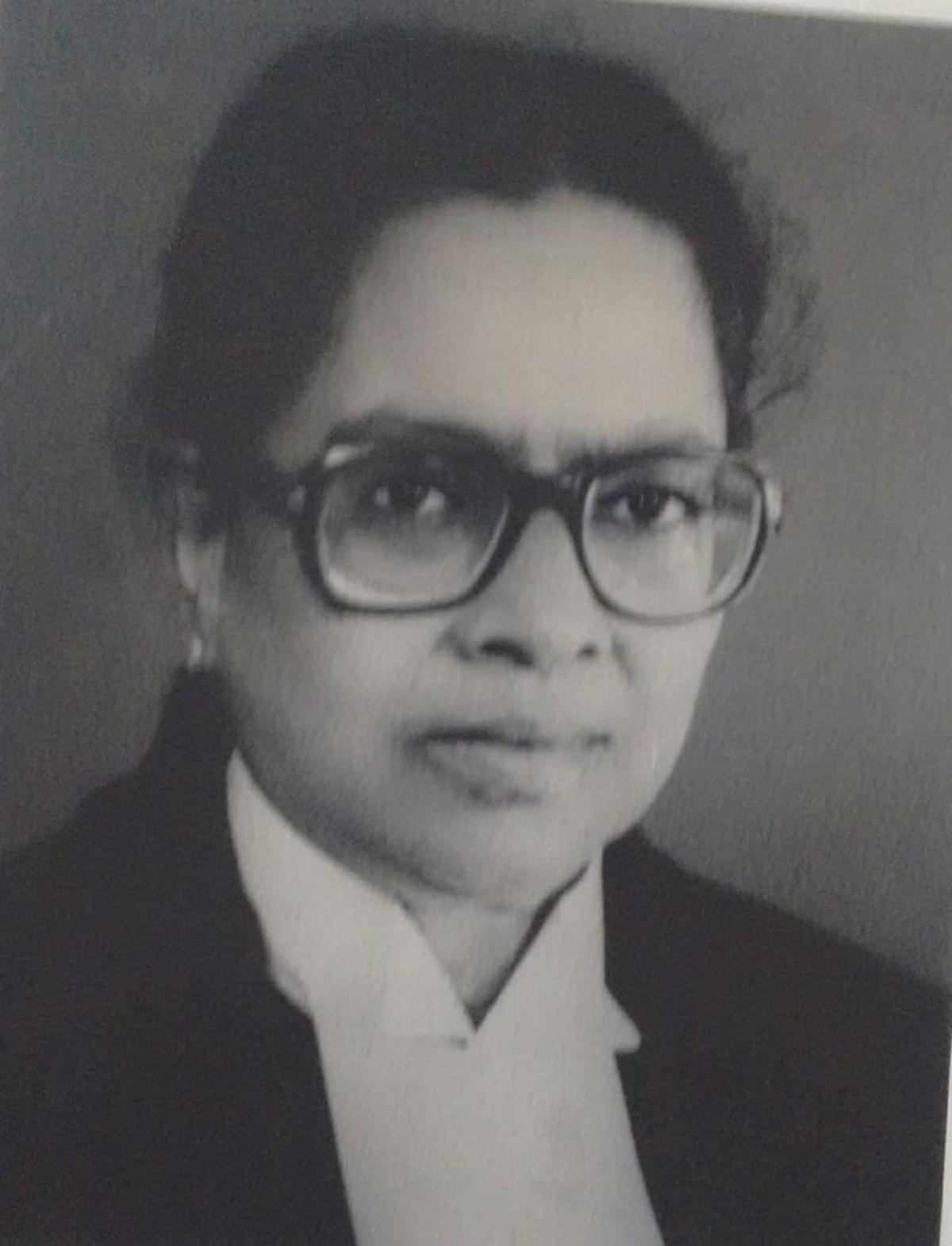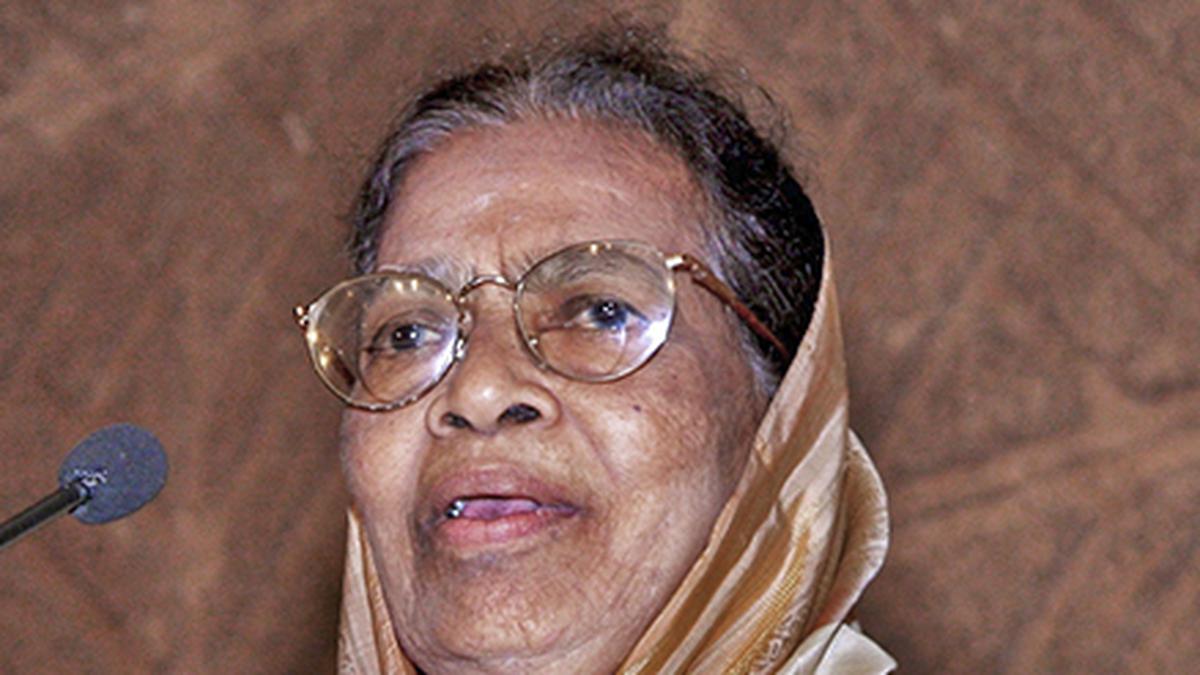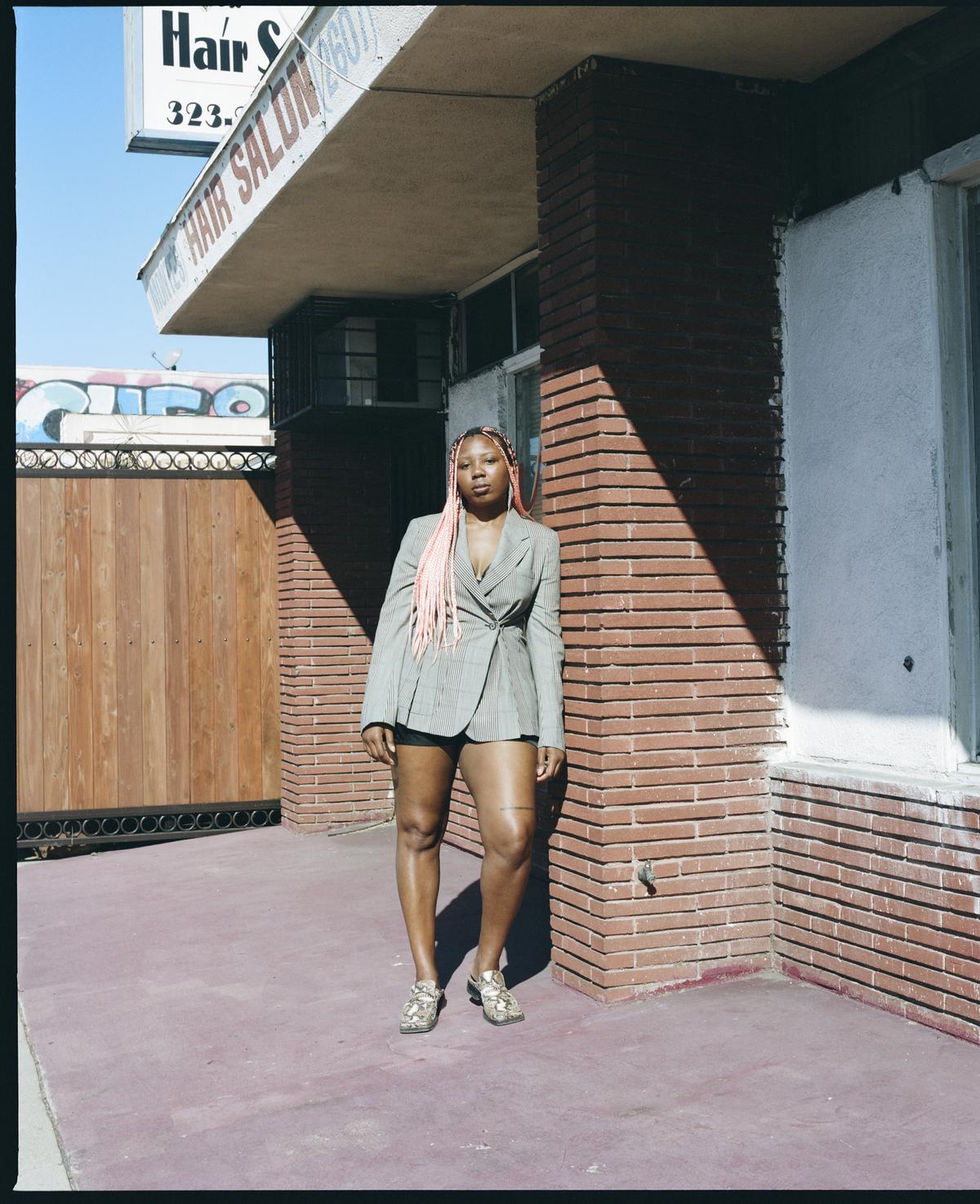On October 6, 1989, M Fathima Beevi, a quiet woman from a village in Pathanamthitta in Kerala, made history when she became the first woman in Asia to become a Judge of the Supreme Court.
Posters of Neethipathayile Dheera Vanitha , a documentary in Malayalam on Justice Fathima Beevi, directed by Priya Ravindran
| Photo Credit:
SPECIAL ARRANGEMENT
A documentary Neethipathayile Dheera Vanitha (A Brave Woman on the Path of Justice) was screened on March 8, 2023, in Thiruvananthapuram to pay tribute to Justice Fathima Beevi, who also served as Governor of Tamil Nadu from 1997 to 2001. Directed by Priya Ravindran and scripted by R Parvathi Devi, the 30-minute documentary produced by the Kerala State Film Development Corporation, throws light on Fathima Beevi’s journey to the Supreme Court.
In September 1921, social activist Parvathy happened to meet Fathima Beevi at a function to honour her. Since the jurist was unable to travel to attend the function in Thiruvananthapuram, Parvathy and Suja Susan George, director of Malayalam Mission, travelled to Pathanamthitta to hand over the award. That is when they realised how much this trailblazer had faded into the past and decided to do a documentary on her.
However, Priya believes that the documentary should have been made at least five years ago when many of Fathima Beevi’s contemporaries were still there. Eminent jurists such as Justice KK Usha and Justice Fathima Rahman, who was also a friend of Fathima Beevi, had passed away. At present, there are only one or two people like Justice KT Thomas who was in the judiciary with Fathima Beevi. “At present, 95-year-old Fathima Beevi’s memory plays tricks on her and she finds it difficult to move around. Many of those who worked with her or studied with her have passed on. So, we had to rely on documentation about her as a model student and judge,” says Priya.

Priya Ravindran (left) with Rajasree Warrier.
| Photo Credit:
SPECIAL ARRANGEMENT
Instead of the usual narrative of people talking about her or a fictionalised narrative with quotes from the protagonist herself, Priya decided to document the life of the pioneer. Danseuse Rajasree Warrier’s evocative narration brings alive the journey of a woman who carved a path of her own in the judiciary.
Born on April 30, 1927, in Pathanamthitta town in erstwhile Travancore, Fathima Beevi was the eldest of eight children born to Annaveetil Meera Sahib and Khadeeja Beevi.
Priya says that, unlike most conservative men from the community, Meera Sahib, who worked as a sub-registrar officer, was keen on educating all his children. Thus, his eldest daughter came to Thiruvananthapuram to pursue her higher studies. “At a time when most women were not allowed to leave their homes, here was a woman from a conservative community who stayed in a hostel, Sree Narayana Vidyarthini Sadanam at Vanross Junction in Thiruvananthapuram,” points out Priya.

A photograph of Justice Fathima Beevi from Neethipathayile Dheera Vanitha, a documentary directed by Priya Ravindran.
| Photo Credit:
SPECIAL ARRANGEMENT
Fathima did her graduation in Chemistry from University College and was keen to do her postgraduation in Chemistry. But her father, perhaps inspired by Anna Chandy, the first woman judicial officer in Travancore, encouraged her to study law.
In 1950, she became the first woman to top the examination of the Bar Council of India. After enrolling as an advocate in Kollam, she became the cynosure of all eyes as the only woman who practised law there at a time when female lawyers were rare. Although cases were hard to come by, she tried to make a career as a lawyer for eight years.
Then she wrote the examination for munsiff and was appointed as one in the Kerala Subordinate Judicial Services in 1958. Priya says that unlike many men, who worked with celebrated senior lawyers at the high court in the State, she rose from the ranks to be appointed as a judge in the Kerala High court in 1983.
Fathima chose not to marry. As a professional jurist, she maintained the dignity of the judiciary in every sense of the word. “As a result, she maintained a distance from her family and friends. No one really knew her well enough. She was close to her youngest sister who passed away a few years ago,” says Priya.
After her retirement in 1992, she was appointed as the Governor of Tamil Nadu in 1997. It proved to be a tumultuous period for the jurist who had kept away from the limelight during all her years in the judiciary. In 2001, she resigned from her post and returned to Kerala.
At present, the nonagenarian lives in Pathanamitha, next to her brother’s house; a nephew stays with her, says Priya who went to Fathima Beevi’s residence to get a few shots of hers.
“All through her life, she commanded respect but she always kept a distance from most people. She was close to just a handful of people. The documentary thus is more of a record of a pioneering woman than a close-up chat with her,” points out Priya.
In October 2022, while speaking at the ninth convocation of the National Law University Delhi, Justice Chandrachud paid tribute to Fathima Beevi. A report in The Hindu quotes Justice Chandrachud: “Being a Muslim woman, she was an outlier in many ways when she started practising law in male-dominated court premises… By her sheer grit, determination and hard work, she rose through the ranks to become the first female judge to be appointed to the Supreme Court of India… Justice M Fathima Beevi was a pioneer in her own right who opened a closed door for women in the judiciary.”







